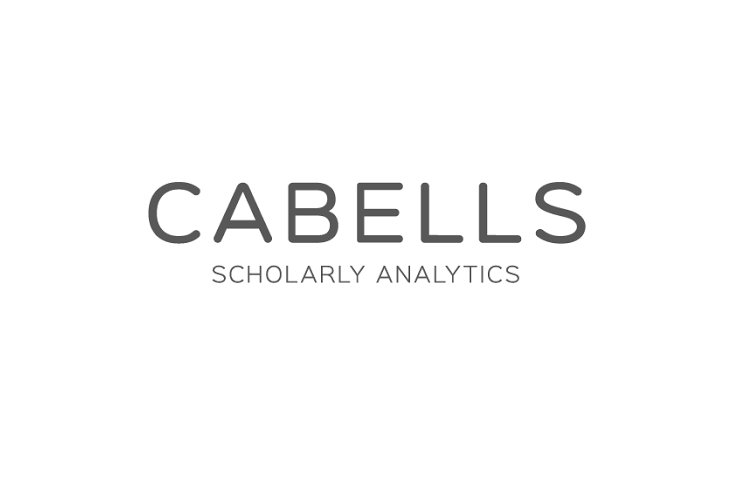
Cabells has announced it has reviewed and added the 12,000th publication to its Journal Blacklist. This is a significant milestone as Cabells has now tripled the number of deceptive and fraudulent journals in the Blacklist since it was launched in 2017. The additional journals offer its global user base even greater depth of resources to validate publication outlets for academic researchers.
The Cabells Journal Blacklist is the only database available to scholars of deceptive and predatory academic journals. Compiled by specialists who analyze suspected journals against 74 behavioral indicators, the Cabells Journal Blacklist enables the scholarly community to keep abreast of growing threats, while protecting researchers and institutions from exploitative operations. It is complemented by the Cabells Journal Whitelist, a curated list of over 11,000 academic journals spanning 18 disciplines which guides researchers and institutions in getting the most impact out of their research.
The Cabells Journal Blacklist now consists of over 12,000 individual journal reports – grounded using objective and transparent methodologies – which clearly identify the journals and provides a record of when and why they have been put on the Blacklist, giving users the ability to see deceptive behaviors first-hand and validate their decision-making.
Cabells’ Director of International Marketing and Development, Simon Linacre, said: “There seems to be an ever-increasing push by unscrupulous deceptive and predatory publishers to hoodwink academic researchers into publishing articles in their journals. They do this by sending out millions of emails on a daily basis which include false claims about peer review and journal quality indicators, while offering swift publication for a few hundred dollars.
“The Cabells Journal Blacklist enables academics to validate their journal choices and not be tempted by the too-good-to-be-true publishing offers that come their way. There are now over 12,000 reasons for researchers to use the expanded Blacklist and have peace of mind over one of the most important decisions they will make in their academic careers.”
For more information, visit https://www.cabells.com/





















